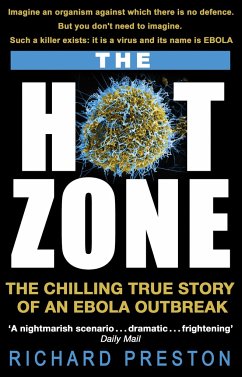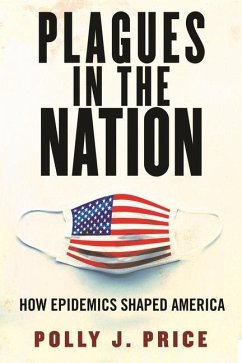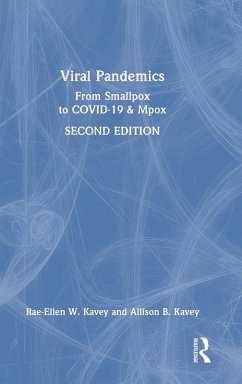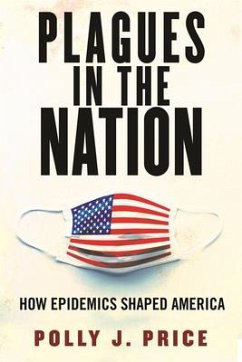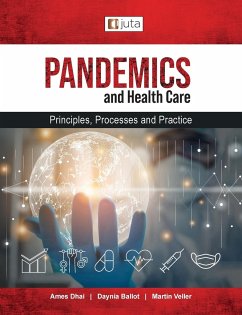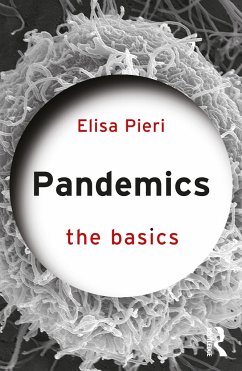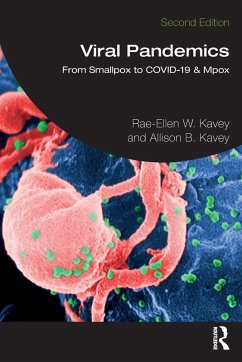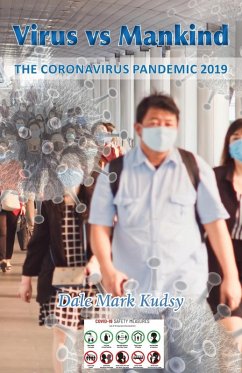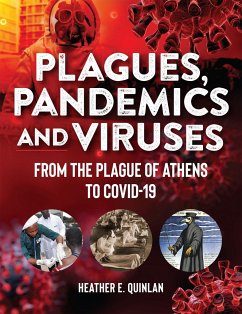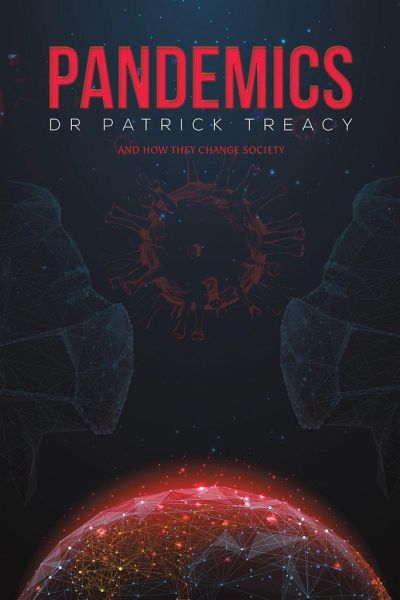
Pandemics
Versandkostenfrei!
Versandfertig in 1-2 Wochen
47,99 €
inkl. MwSt.

PAYBACK Punkte
24 °P sammeln!
Pandemics inflict significant harm on societies, often exacerbated by human activities that alter the natural environment. As cities expand, encroaching on areas once inhabited by wildlife, the risk of disease transmission increases. Bacteria have existed for 3.5 billion years and viruses for 1.5 billion years, while humans have only been around for 130,000 years. Coronaviruses have a long evolutionary history of over fifty million years, with some recent strains dating back to around 8000 BCE, indicating a prolonged coevolution with bats and birds. Advancements in technology during the 20th c...
Pandemics inflict significant harm on societies, often exacerbated by human activities that alter the natural environment. As cities expand, encroaching on areas once inhabited by wildlife, the risk of disease transmission increases. Bacteria have existed for 3.5 billion years and viruses for 1.5 billion years, while humans have only been around for 130,000 years. Coronaviruses have a long evolutionary history of over fifty million years, with some recent strains dating back to around 8000 BCE, indicating a prolonged coevolution with bats and birds. Advancements in technology during the 20th century have facilitated rapid global travel, allowing microbes to spread more quickly than ever before. The 1918 influenza pandemic, often referred to as the 'Spanish' flu, was particularly devastating, claiming between 50 and 100 million lives, or about five percent of the global population at the time. Major pandemics have historically led to significant social changes: the Justinian Plague contributed to the rise of Christianity, the bubonic plague heralded the end of serfdom, and the aftermath of the 'Spanish' flu saw many governments adopting socialized medicine. The concept began in socialist Russia and soon spread to countries like France, New Zealand, and eventually Great Britain. It took the return of battle-hardened soldiers from World War II to push this agenda politically in the UK. Post-war, the growing influence of the United States and the nascent World Health Organisation led to the decline of privileged classes and the establishment of the fundamental right to healthcare for every human being, irrespective of their background. As the world confronts the final stages of another global pandemic, the future remains uncertain. There are questions about whether new vaccines will effectively control the disease, leaving societies worldwide in a state of anticipation and adaptation.



